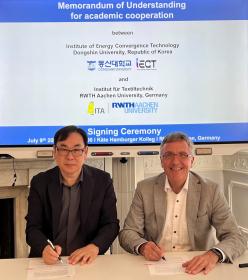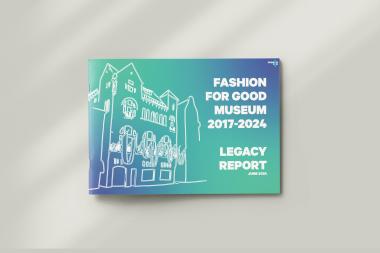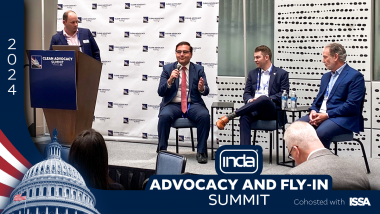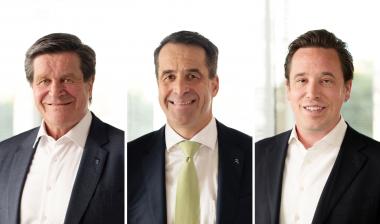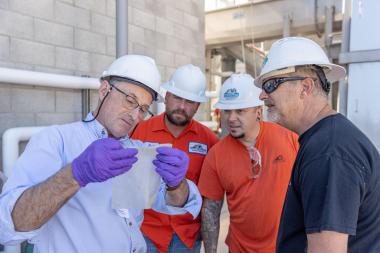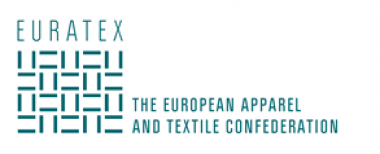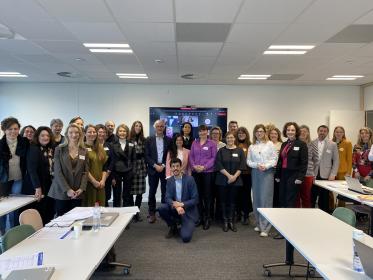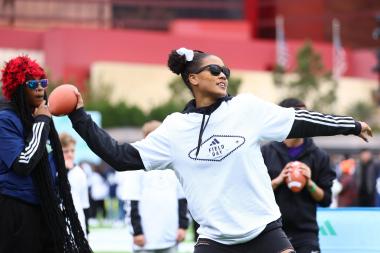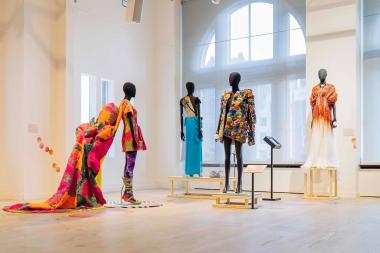INDA and NWI collaborate to foster education of the nonwovens industry
INDA, the Association of the Nonwoven Fabrics Industry, and The Nonwovens Institute (NWI), announced a collaboration agreement to provide continuing education to the nonwovens industry. This agreement expands upon the ongoing partnership between INDA and NWI, whereby the two organizations have successfully presented training programs, covering the full spectrum of the nonwovens value chain from raw materials to processes to products.
Under terms of the agreement, INDA and NWI will develop and present a full roster of training courses, featuring a combination of classroom learning supported by hands-on activities in NWI’s world-class nonwoven production and testing labs on the Centennial Campus of North Carolina State University. The two organizations will also work together to explore additional educational programming to serve the needs of the nonwovens industry as they evolve over time.
The current roster of INDA/NWI training courses include:
- Elementary Nonwovens
- Intermediate Nonwovens
- Fiber and Filament Extrusion Fundamentals
- Meltblown Technology
- Nonwoven Bonding Fundamentals
- Nonwoven Fabric Property Development and Characterization
- Nonwoven Product Development and Innovation
- Spunbond Technology
Course registration is open to INDA/NWI members and non-members. The INDA/NWI Short Course Value Pack program enables companies to purchase a block of registrations, which can be used by any combination of employees to register for any combination of training courses, at a discounted rate. Value Packs are available in bundles of 5, 10, 15, and 20 registrations, with discounts ranging from 10 percent to 25 percent, depending on the size of the Value Pack.
INDA





